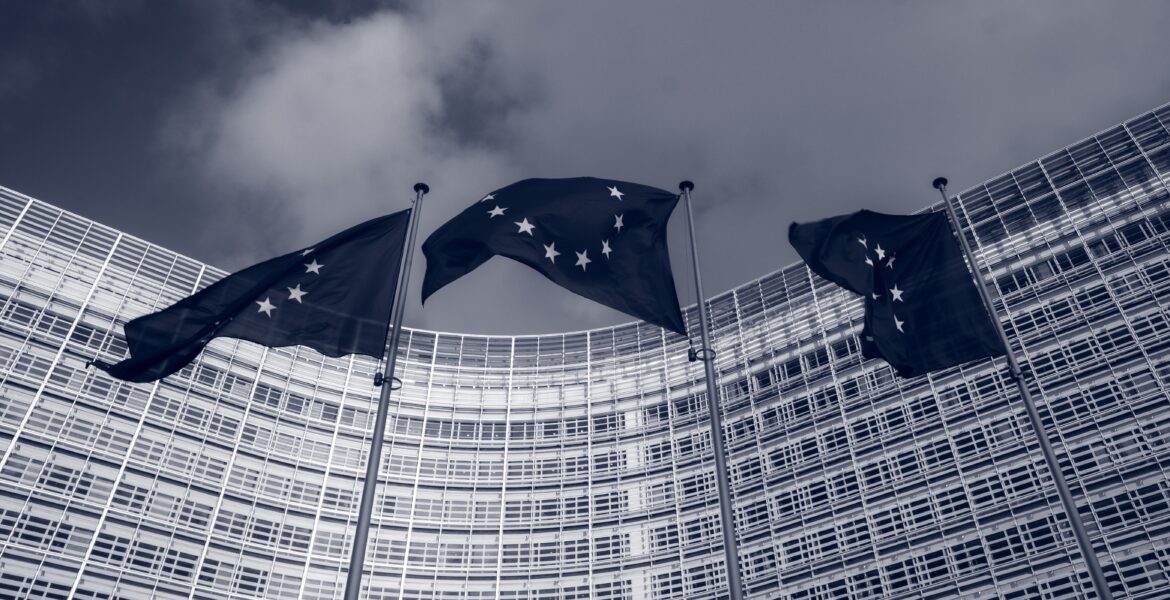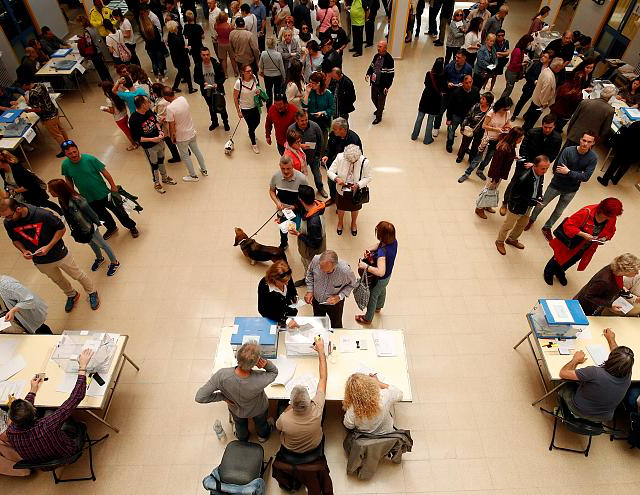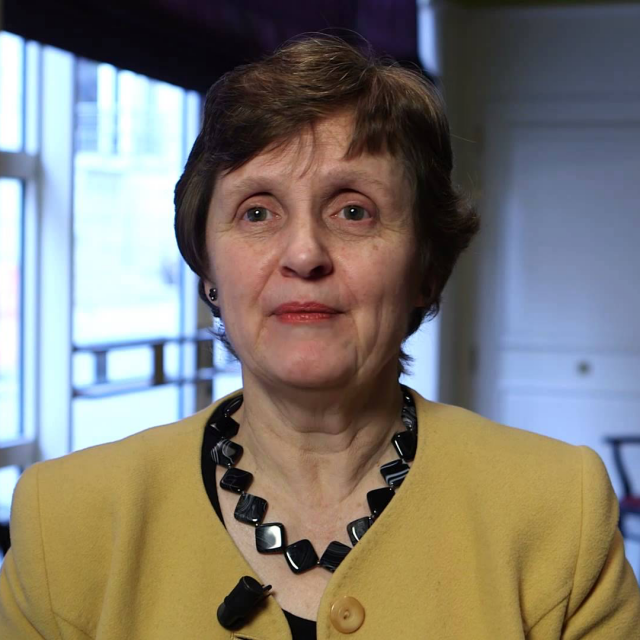Photo by Christian Lue on Unsplash
Competitiveness, SMEs and social inclusion are at the heart of the Belgian EU council presidency programme.
The European Economic and Social Committee (EESC) has subsequently made policy recommendations on the relationship between economic governance, long-term inclusive growth and sustainable security.
In the first half of 2024, Belgium holds its thirteenth Presidency of the Council of the European Union, the priorities of which were the subject of two debates organised by the EESC on 17 and 18 January in plenary.
“The Belgian Presidency has been very good in including social partners and organised civil society in its work. This allows us to infuse civil society input into the work of the Presidency in these pivotal times, ahead of the European elections”, said EESC President Oliver Röpke.
The current Presidency comes at the end of the European Union’s institutional cycle, which is marked by the terms of the European Parliament. The Belgians will have to steer the last major legislative compromises between the EU Council and MEPs over the coming weeks. At the same time, they will be guiding the EU Council during the campaign for the European Parliament and the European elections themselves, when Europeans will want to hear about the EU’s future direction, next priorities and adjustments to current policies.
David Clarinval, Deputy Prime Minister and Minister for the Middle Classes, the Self-Employed, SMEs and Agriculture, Institutional Reform and Democratic Renewal, explained the views of the Belgian Presidency on the reform of the Common Agricultural Policy, social protection of the self-employed, and EU industrial policy: “European legislation impacts the companies and workers represented by the EESC. We are grateful for the opinions that the Committee has provided, as these will be very useful in the work to be done”.
The Belgian Presidency has already asked the EESC for 13 advising opinions, on the relationship between economic governance, long-term inclusive growth and sustainable security, and the power of the social economy in combating poverty and social exclusion. They will contribute to the discussions on the Strategic Agenda 2024-29, which EU leaders are expected to adopt in June 2024 as the Union’s plan and objectives for the next five years. As an input to the Strategic Agenda 2024-2029, the Belgian Presidency will have an interinstitutional declaration adopted in April on the future social agenda of the EU. This document will be signed by the European institutions, social partners and civil society organisations.
One of the priorities of the Belgian Presidency, whose motto is “Protect, Strengthen, Prepare”, is to “pursue a green and social transition”. The aim is to ensure that both the economy and society continue to see the benefits in having an ambitious EU Green Deal, and in tackling the triple crisis of climate, biodiversity loss and air pollution together. Another priority is “strengthening the social and health agenda”, i.e., supporting fair labour mobility, mental health at work and access to sustainable social protection, all of which are at the heart of the EESC social partners’ dialogue.
The Belgian Presidency also want to focus on “strengthening European competitiveness”, including by continuing to work towards a level playing field for businesses, especially SMEs, so that they can compete fairly, both within Europe and on the global stage. The current Presidency intends to continue the Union’s efforts to pursue a balanced trade policy and to preserve the rules-based international order within the framework of “promoting Global Europe”.
EESC Group President, Stefano Mallia, said, “We support a hundred percent the idea that Europe shouldn’t become an economic museum. To move forward, we need to put a strong and competitive economy at the center of our thinking. The Belgian Presidency of the Council of the EU has to make sure that the focus on competitiveness will also continue in the next legislature.”




